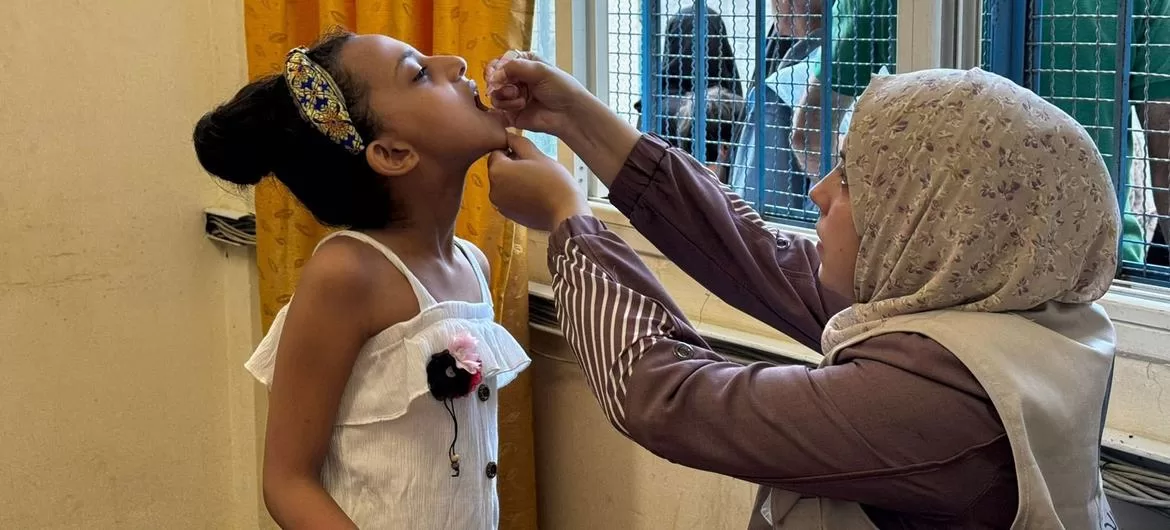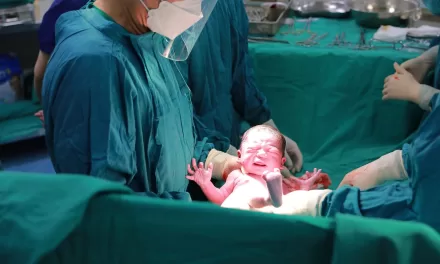Global Health at Risk as Routine Immunisation Programs Struggle Amid Conflict and Crisis
On World Polio Day, the United Nations Children’s Fund (UNICEF) has issued a stark warning regarding the resurgence of polio in fragile and conflict-affected countries. According to UNICEF’s latest report, 85 percent of children affected by polio in 2023 lived in these regions, underscoring the severe impact of conflicts, natural disasters, and humanitarian crises on healthcare delivery.
UNICEF’s Executive Director, Catherine Russell, emphasized the scale of the crisis, noting that “In conflict, children face more than bombs and bullets; they are at risk of deadly diseases that should no longer exist.” The report reveals that global vaccination coverage has dropped from 75 to 70 percent, far below the 95 percent needed to achieve community immunity and prevent the spread of diseases like polio.
Polio Resurgence in Conflict Zones
The rise in polio cases has been most pronounced in countries with ongoing conflicts. Of the 21 countries currently battling the disease, 15 are fragile or conflict-affected, including Afghanistan, the Democratic Republic of Congo, Somalia, South Sudan, and Yemen. In these areas, healthcare infrastructure is often decimated, with children being displaced, and access to routine immunisations becoming increasingly difficult.
For the first time in 25 years, polio has resurfaced in Gaza, prompting UNICEF and the World Health Organization (WHO) to launch an emergency vaccination campaign in September. The campaign aimed to reach nearly 600,000 children under the age of 10. However, renewed bombings and mass displacement have delayed the campaign’s completion, particularly in northern Gaza.
Humanitarian Pauses Crucial to Vaccination Efforts
UNICEF’s report calls for humanitarian pauses to allow healthcare workers safe access to affected areas for vaccination drives. These pauses are crucial for ensuring the success of polio immunisation campaigns in conflict-affected countries, preventing further outbreaks.
The agency also highlighted the urgency of coordinated international action. Delivering over one billion doses of polio vaccines annually, UNICEF has urged governments and global partners to intensify efforts to stop the disease’s spread.
The Threat to Neighboring Countries
The resurgence of polio in fragile regions not only threatens the health of children within these countries but also poses a growing risk to neighboring nations. Catherine Russell reiterated the need for a global effort: “The final push is the hardest, but now is the time to act. We cannot rest until every child, in every corner of the world, is safe from polio – once and for all.”
As global attention turns to these conflict-affected areas, UNICEF’s message is clear: without urgent intervention, the progress made in eradicating polio could unravel, and children will continue to suffer the devastating consequences of a disease that should have long been consigned to history.












